Your cart is empty
Subtotal:$0.00
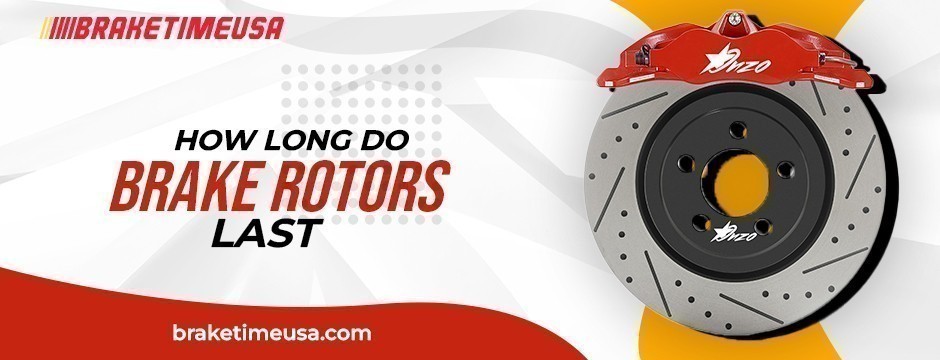 The Lifespan of Brake Rotors
The Lifespan of Brake RotorsThe lifespan of brake rotors can vary significantly based on several key factors. Understanding these factors is essential for estimating how long your brake rotors are likely to last. On average, you can expect your brake rotors to endure between 30,000 and 70,000 miles. However, this range is subject to several influencing variables, such as your driving habits, the type of rotors installed, and the quality of materials used. Let's delve into these factors for a more detailed understanding.
Your driving style has a substantial impact on the longevity of your brake rotors. If you tend to engage in aggressive driving, characterised by rapid acceleration and abrupt braking, your rotors will experience increased wear and tear. In contrast, adopting a more conservative driving style can significantly extend the lifespan of your rotors.
The material used in manufacturing your brake rotors plays a crucial role in determining their durability. There are three primary types of rotor materials:
Cast Iron: Cast iron rotors are the most common and offer a balance between durability and cost-effectiveness.
Carbon Composite: These rotors are lighter and perform exceptionally well under high-stress conditions. However, they tend to be more expensive.
Composite Rotors: Combining cast iron and carbon composite materials, these rotors offer a compromise between durability and performance.
The type and quality of brake pads used in conjunction with your rotors can have a significant impact on rotor wear. High-quality brake pads produce less heat and are less abrasive, which results in reduced rotor wear.
If your regular driving conditions involve frequent stop-and-go traffic, hilly terrain, or challenging terrains, your rotors may wear out faster. These conditions subject your brake system to increased friction and heat during braking.
The design of your rotors also plays a role in their lifespan. Slotted and drilled rotors, for instance, tend to dissipate heat more efficiently, which can extend their longevity compared to solid rotors.
The weight of your vehicle and its usage patterns can affect rotor lifespan. Heavier vehicles and those used for towing or carrying heavy loads may experience accelerated rotor wear.
Recognizing the signs of worn brake rotors is crucial for maintaining your vehicle's safety and preventing further damage. Here are the most common symptoms that indicate your brake rotors may be nearing the end of their life:
If you feel vibrations or shuddering through your vehicle's steering wheel when you apply the brakes, it may indicate that your brake rotors are warped or unevenly worn. These irregularities can affect your ability to brake effectively and should be addressed promptly.
High-pitched squeaking or squealing noises when you apply the brakes are a clear sign that your brake pads are worn and making contact with the rotors. If left unattended, this can lead to rotor damage.
A noticeable decrease in your vehicle's stopping power is a clear indication that something is amiss with your brake system. Worn rotors can reduce braking efficiency, resulting in a longer stopping distance.
Inspect your brake rotors through the spokes of your wheels. If you notice deep grooves or scoring on the rotor's surface, it's a sure sign of wear and tear. Such damage can negatively impact your braking performance and safety.
If your vehicle requires a longer distance to come to a complete stop, it's a significant warning sign. This can be caused by worn rotors that no longer provide the necessary friction for effective braking.
While brake rotors have a finite lifespan, there are several steps on how long do brake rotors last you can take to extend their durability:
Opting for slotted or drilled rotors can be a strategic choice to extend the lifespan of your brake rotors. These rotor designs feature slots or holes that aid in heat dissipation during braking. By dispersing heat more efficiently, slotted or drilled rotors reduce the risk of rotor warping and increase their durability. While solid rotors can work perfectly well, if you want to provide additional protection against overheating and warping, slotted or drilled rotors can be a valuable upgrade, particularly if you frequently drive in challenging conditions or engage in heavy braking.
Brake rotors are a critical safety component of your vehicle, and their lifespan depends on several factors. Recognizing the signs of wear and taking preventive measures can extend the life of your rotors and ensure your safety on the road. Regular maintenance, quality brake pads, and a smooth driving style can all contribute to getting the most mileage out of your brake rotors.
Understanding how long your brake rotors last and recognizing the signs of wear are vital steps in maintaining your vehicle's safety. By taking the necessary precautions and seeking professional assistance when needed, you can maximize the lifespan of your brake rotors and ensure that your vehicle continues to stop safely and effectively. Don't overlook the importance of these crucial components and stay proactive in preserving your vehicle's brake system.
In conclusion, how long do brake rotors last do have a finite lifespan, responsible maintenance, careful driving habits, and selecting the right components can extend their longevity. By staying vigilant and addressing any signs of wear or damage promptly, you'll ensure that your brake rotors continue to perform optimally, guaranteeing your safety and that of others on the road. Don't compromise on the critical safety aspect of your vehicle—your brakes are your lifeline.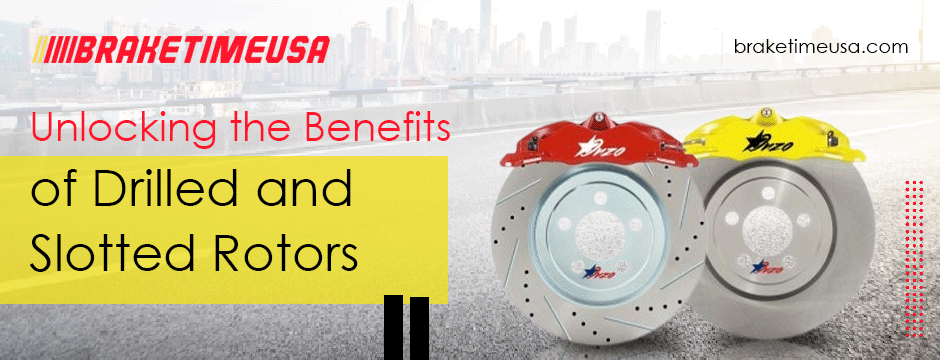 Mar 27, 2024Unlocking the Benefits of Drilled and Slotted Rotors
Mar 27, 2024Unlocking the Benefits of Drilled and Slotted Rotors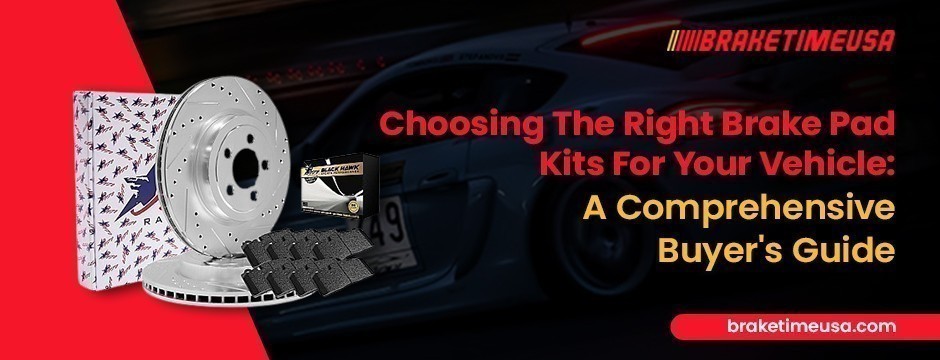 Mar 22, 2024Choosing The Right Brake Pad Kits For Your Vehicle: A Comprehensive Buyer's Guide
Mar 22, 2024Choosing The Right Brake Pad Kits For Your Vehicle: A Comprehensive Buyer's Guide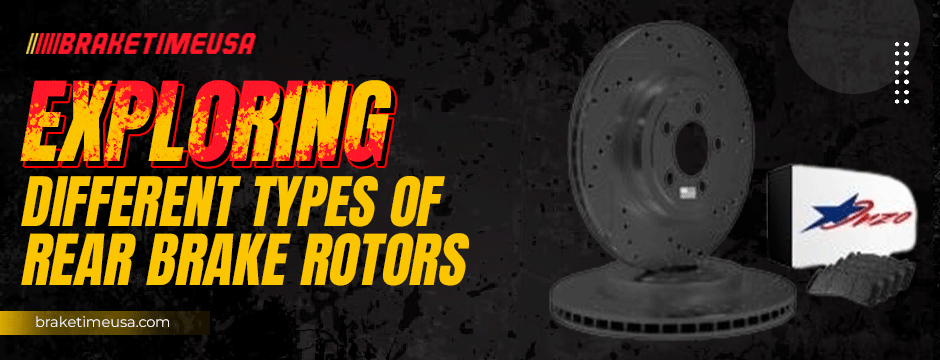 Mar 18, 2024Exploring Different Types of Rear Brake Rotors
Mar 18, 2024Exploring Different Types of Rear Brake Rotors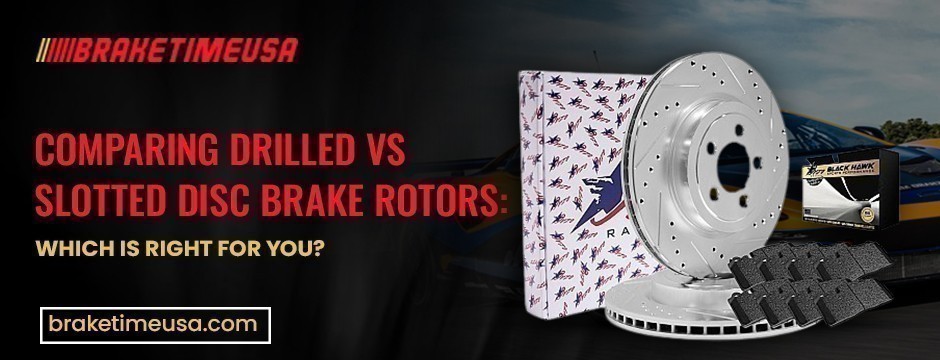 Mar 6, 2024Comparing Drilled vs. Slotted Disc Brake Rotors: Which Is Right for You?
Mar 6, 2024Comparing Drilled vs. Slotted Disc Brake Rotors: Which Is Right for You?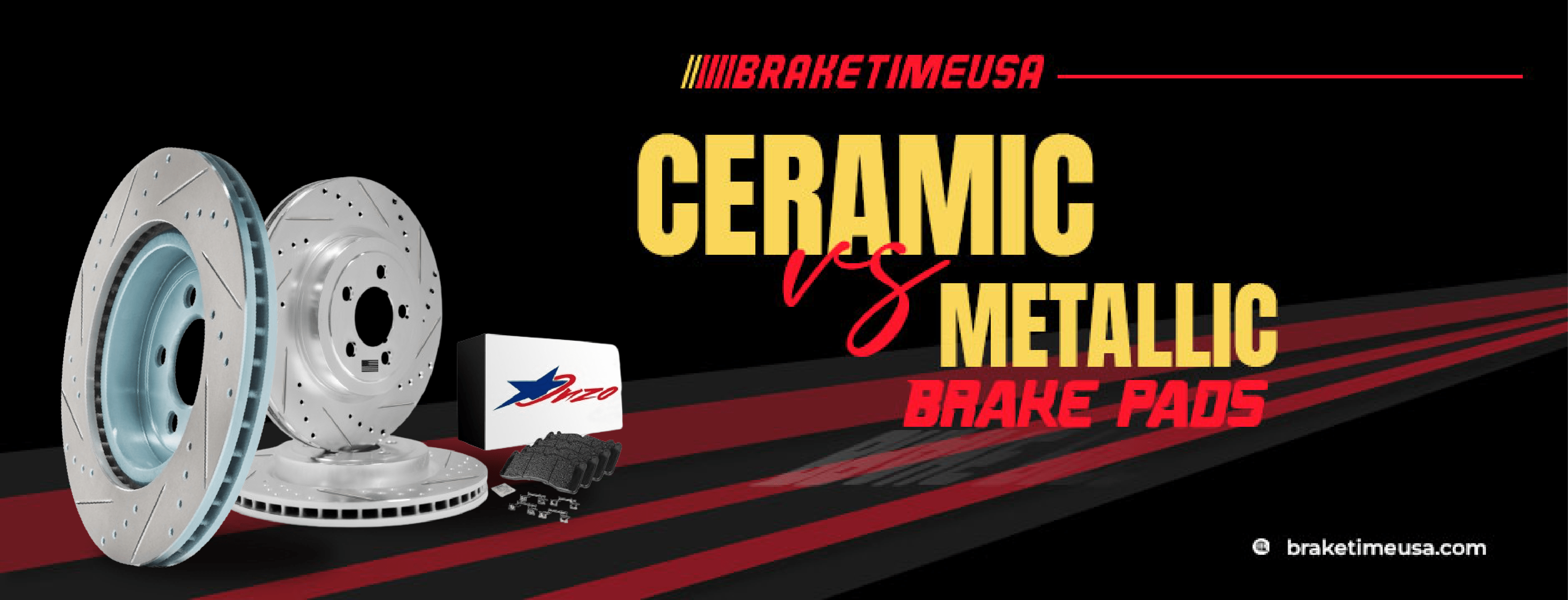
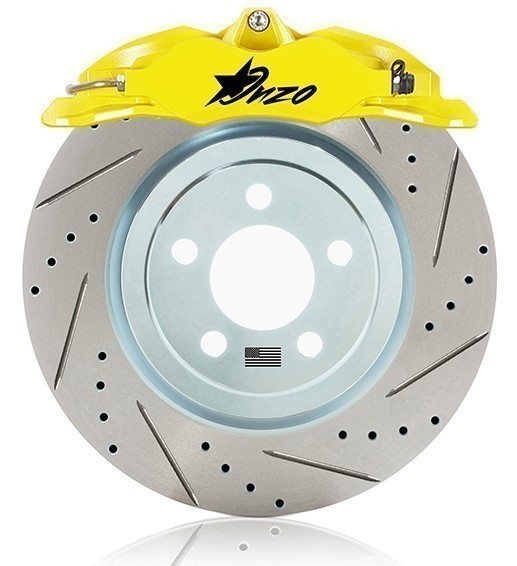 Feb 5, 2024Comprehensive Guide on How To Check Brake Pads and Rotors for Optimal Maintenance
Feb 5, 2024Comprehensive Guide on How To Check Brake Pads and Rotors for Optimal Maintenance© 2023 - 2024 Braketimeusa. All rights reserved.
